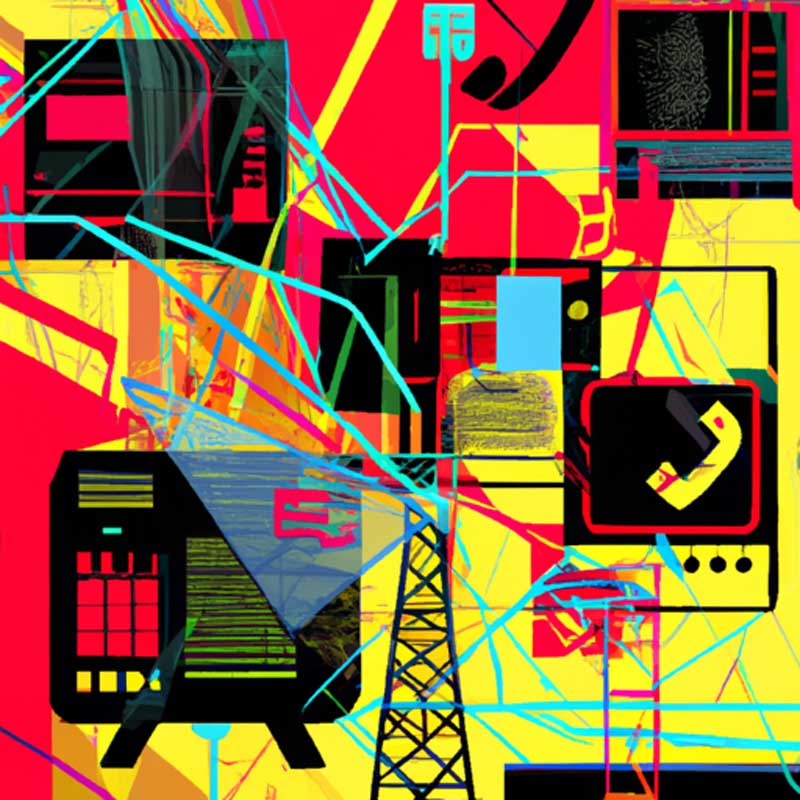TLDR:
- Chess flourished despite AI advancements.
- AI can enhance human skills and create new opportunities.
Predictions of AI doom were proven wrong when Garry Kasparov lost to IBM’s Deep Blue in 1997. While many feared this defeat would diminish interest in chess, the game actually became more popular with the rise of computers. AI has the potential to enhance human skills, as seen in chess and negotiation, and create new opportunities for growth. As AI continues to develop, it is crucial to understand and embrace its positive potential.
Predictions of AI doom were proven wrong when Garry Kasparov lost to IBM’s Deep Blue in 1997. While many feared this defeat would diminish interest in chess, the game actually became more popular with the rise of computers. AI has the potential to enhance human skills, as seen in chess and negotiation, and create new opportunities for growth. As AI continues to develop, it is crucial to understand and embrace its positive potential.
Understanding how chess flourished, not just in spite of machines but because of them, can help us better understand how AI is transforming our wider world today as it rapidly learns to outperform human capabilities in other areas, far more consequential than a game of chess. Many concerns today about the dangers of AI are entirely valid but that’s why it is even more vital that we understand and embrace the positive potential of AI in order to steer its wider development further in that direction.
Despite centuries of human play, computers could still innovate new tactics and approaches by crunching vast amounts of data about gameplay they were consuming. This inspired human players to rethink and adapt how they play with each other. Machines didn’t replace humans in chess. In the professional game, humans who embraced machines replaced humans who didn’t. But the overall impact was an enormous net positive.
AI has now surpassed human capabilities in negotiation with the emerging field of autonomous negotiations. AI can be tasked to win by extracting the most value from a deal so it does that by making sure both sides can create more value together. In mathematics, that’s known as Pareto efficiency.
As reported by Scientific American, an analysis of matches between human players showed relatively stagnant gameplay over previous decades but which was suddenly transformed in the years following AlphaGo’s emergence, both by novel moves played earlier in games and higher decision quality.
Humans using AI will be taking jobs from humans not using AI. But there is the potential for an enormous net benefit for everyone if we recognise the emerging opportunities and begin adapting for them.
